Speaking at a news briefing on Friday, President Trump again raised the specter that Americans might not know who won the presidential election by the time they go to bed on Nov. 3.
“What’s going to happen on November 3rd when somebody’s leading and they say, ‘Well, we haven’t counted the ballots. We have millions of ballots to count’?” Trump asked. “It’s a disaster.”
The good news is that The Washington Post can affirmatively answer Trump’s question.
They will count the votes.
Trump is probably not asking this question out of some sense of bafflement about how elections work. Instead, he probably recognizes that he will likely hold a lead in votes cast on Election Day in most states, leads that will narrow or vanish as absentee and mail ballots are counted. On Friday, a poll conducted by Marist College for NPR and PBS NewsHour determined that about half of Democrats plan to vote by mail or absentee, compared to a quarter of Republicans. Meaning that those to-be-counted “millions of votes” — probably not an exaggeration in California — will likely be heavily against the incumbent president.
Earlier this month, we made an interactive showing how the number of absentee ballots and the rate of counting them would affect perceptions of the presidential race over time. Play with the sliders and see how the race shifts over time.This uses 2016 results to estimate where each state might land, so it’s not any sort of projection. But it does show how what seemed like a big Trump win on Nov. 3 could, by Nov. 10, be quite the opposite.What Trump was trying to do on Friday was suggest that there’s something weird about having to wait for votes to be counted before declaring a winner. As though the election-night announcement of winners in each state, a product of the mass-communication era, is somehow the standard that is expected and not simply a function of statistical analysis and contests that aren’t that close.No election is officially complete until the results are certified by a state or locality, a process that can take weeks. But usually, it’s obvious who won well before that and often on the night of the election itself, so we’ve gotten used to not having to wait. Trump wants to use this to his advantage.In 2018, when Trump ally and then-Gov. Rick Scott (R-Fla.) was in a tight race for the U.S. Senate, the president eagerly embraced Scott’s argument that absentee ballots should be considered suspect. At one point, he even explicitly advocated that the results from election night — which showed Scott winning — stand.
It’s admittedly hard to tell how much of this is Trump insincerely trying to cast doubt on what will likely be a heavily Democratic group of votes and how much is Trump sincerely thinking there’s something suspect about them. (In the case of those votes in Florida in 2018, no fraud was identified, despite Scott’s and Trump’s insistences.) Trump may actually believe that Democrats sneakily inject votes into the absentee pool with regularity and at a massive scale; this is, after all, the president who for months insisted that hydroxychloroquine would repel the coronavirus without evidence.
Trump, a cable news aficionado if there ever was one, may sincerely think there should necessarily be a winner determined on the night of Nov. 3. Cable news is certainly hoping very much to be able to deploy its standard battery of “key race alerts” to keep people engaged. Trump may simply accept those determinations as the final word on the subject.
After all, this is a guy who was watching on election night in 2012 and became convinced that Mitt Romney had lost the electoral vote that year but won the popular vote. He jumped on Twitter to call for a revolution — a literal revolution! — before he apparently realized that Romney’s popular-vote lead was mostly a function of California’s votes not yet being tabulated. (This happened again in 2016, when Hillary Clinton’s popular-vote lead over Trump at the end of the night was far smaller than the nearly 3 million it ended up being.)
It’s bizarre to have a president who explicitly declares that having millions of votes to count after Election Day is a “disaster.” But, then, it’s unusual to have a president who actively and insistently claims that mail-in voting is suspect or rife with fraud, which it isn’t. It’s not normal to have a president who says he will only lose if his opponents cheat.
One would expect the president to use this time to make the opposite case, to remind Americans that they may have to wait to see what happens after they cast their votes. Where a disaster is most likely to occur is if millions of Americans accept Trump’s view as correct, that there’s something weird about having to actually count votes before determining who won an election.
Unfortunately for those of us who demand instant gratification, though, that’s how elections work.


